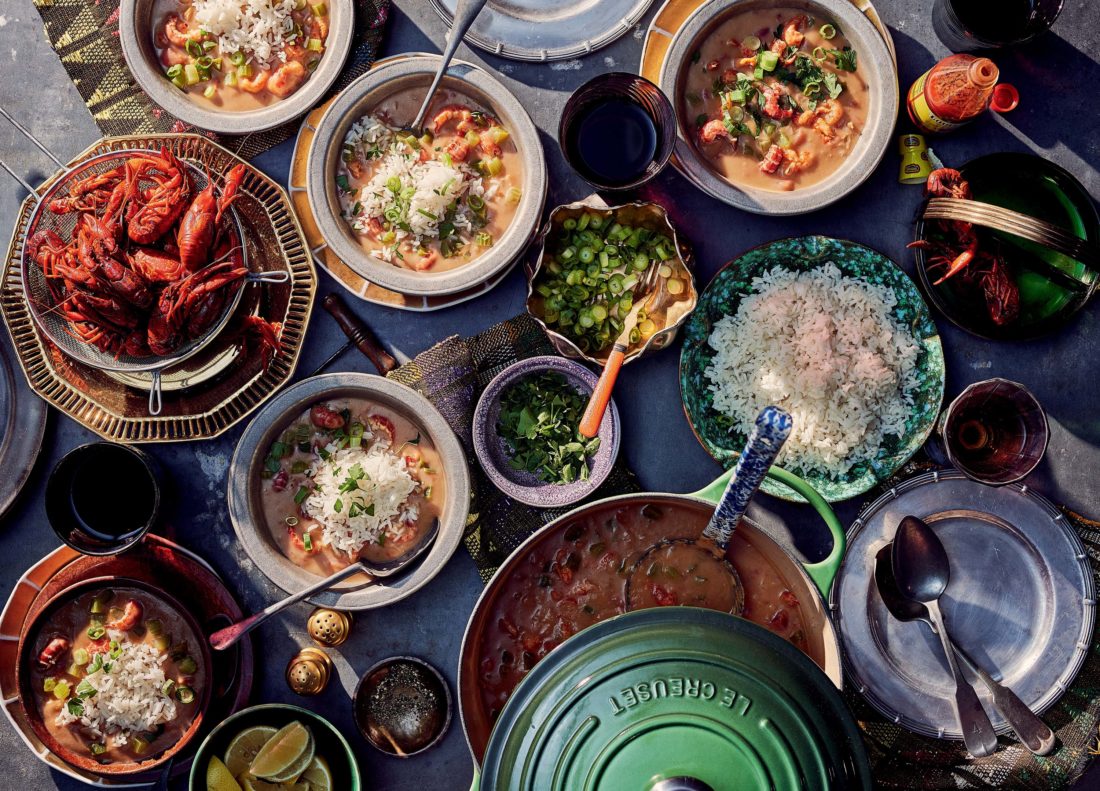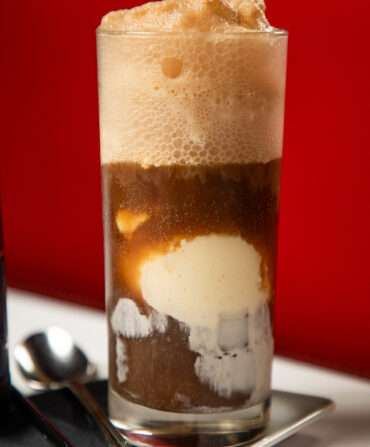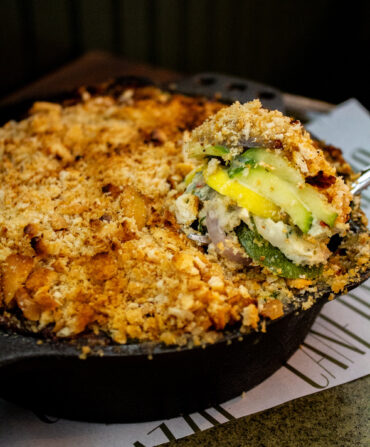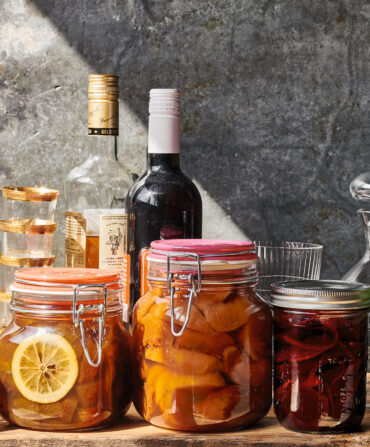Bill Briand, whose father ran hospitals for the U.S. Navy, grew up with the kind of experiences only children of military families understand. Don’t expect the other kids on the base to make friends with you, because they know they’ll be leaving soon. And get used to telling people you don’t really have a hometown.
That’s why Briand fell so hard for New Orleans when the family landed there for good. He was in the eighth grade, and he knew almost from the start that it felt like home. “I just got so engulfed in being able to catch fish, and my mama was a good cook, so she started cooking Southern food,” he says. “I got addicted to it. I love alligator. I love frogging. I love all of it.”
As soon as he could, Briand jumped into the city’s restaurant kitchens, eventually working his way up through Emeril Lagasse’s empire and then, for nine years, cooking with Donald Link. In 2013, he took his love for the New Orleans culinary canon across to Alabama, where he helped create Fisher’s at Orange Beach Marina, a restaurant that reflects his love of Louisiana. Étouffée isn’t on the menu, though. “It’s something I cook for my family,” he says.
The dish offers a terrific way to use up leftover crawfish during boil season, which begins in very early spring when the cold weather begins to break. If you don’t have a pile of precooked crawfish, a package of frozen tails or even a pound or two of good Gulf shrimp are a fine—and easier—substitute.
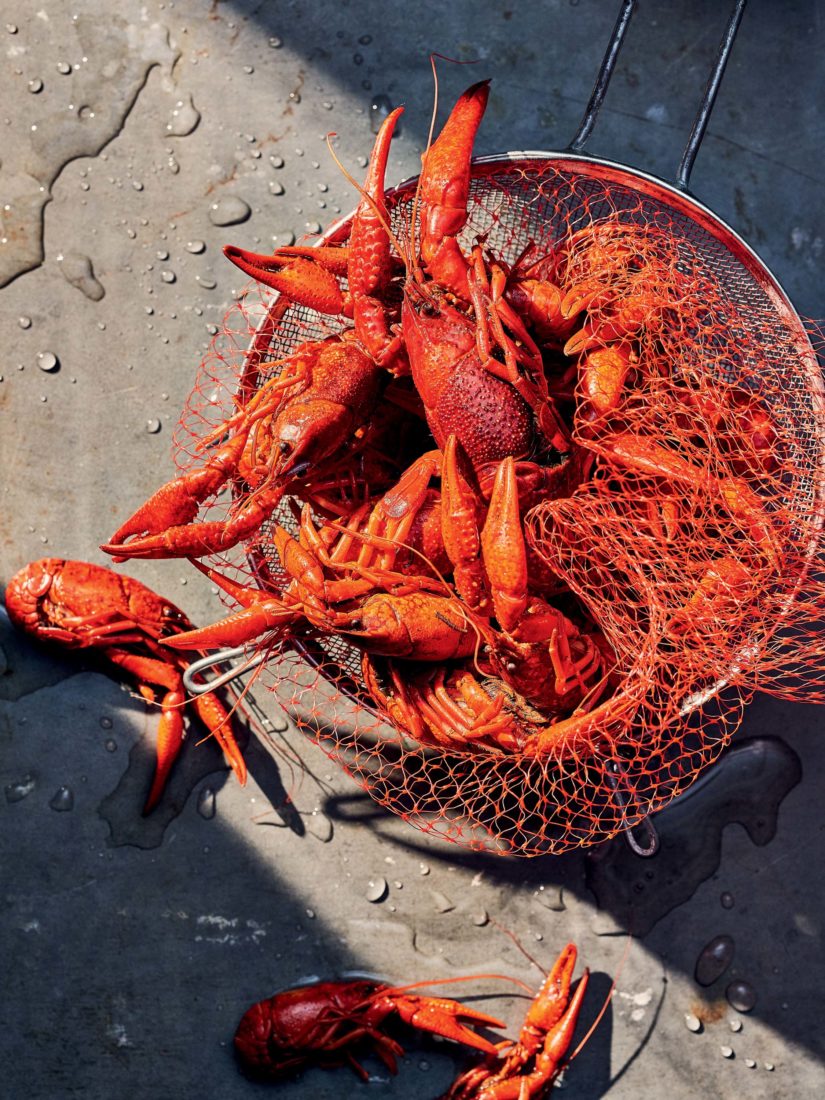
There are probably as many versions of étouffée as there are cooks in Louisiana. Briand perfected his during visits with his wife Brittney’s family in Lafayette. “Theirs is more like rice and gravy,” he says. “It’s real spicy but super loose, like their gumbos.” He prefers his a little tighter and creamier. And the rice is almost as important as the sauce. He likes what people in Louisiana call popcorn rice (or sometimes pecan rice), a nutty, aromatic, and deeply regional long-grain rice that smells toasty and nutty when it cooks. Jasmine will work well, too. “You want something sweet and floral for balance,” he says.
But nothing is more important to the dish than the roux. The key is to be patient and keep stirring. “Once it’s scorched, it’s scorched and you can’t get that taste out,” Briand says. If you do burn the roux, you have to start over. And no one wants to start over.
“That’s why I tell people if you’re gonna make it, have your glass of wine or your cold beer next to you, and don’t leave it alone,” he says, “even if you think you can.”


